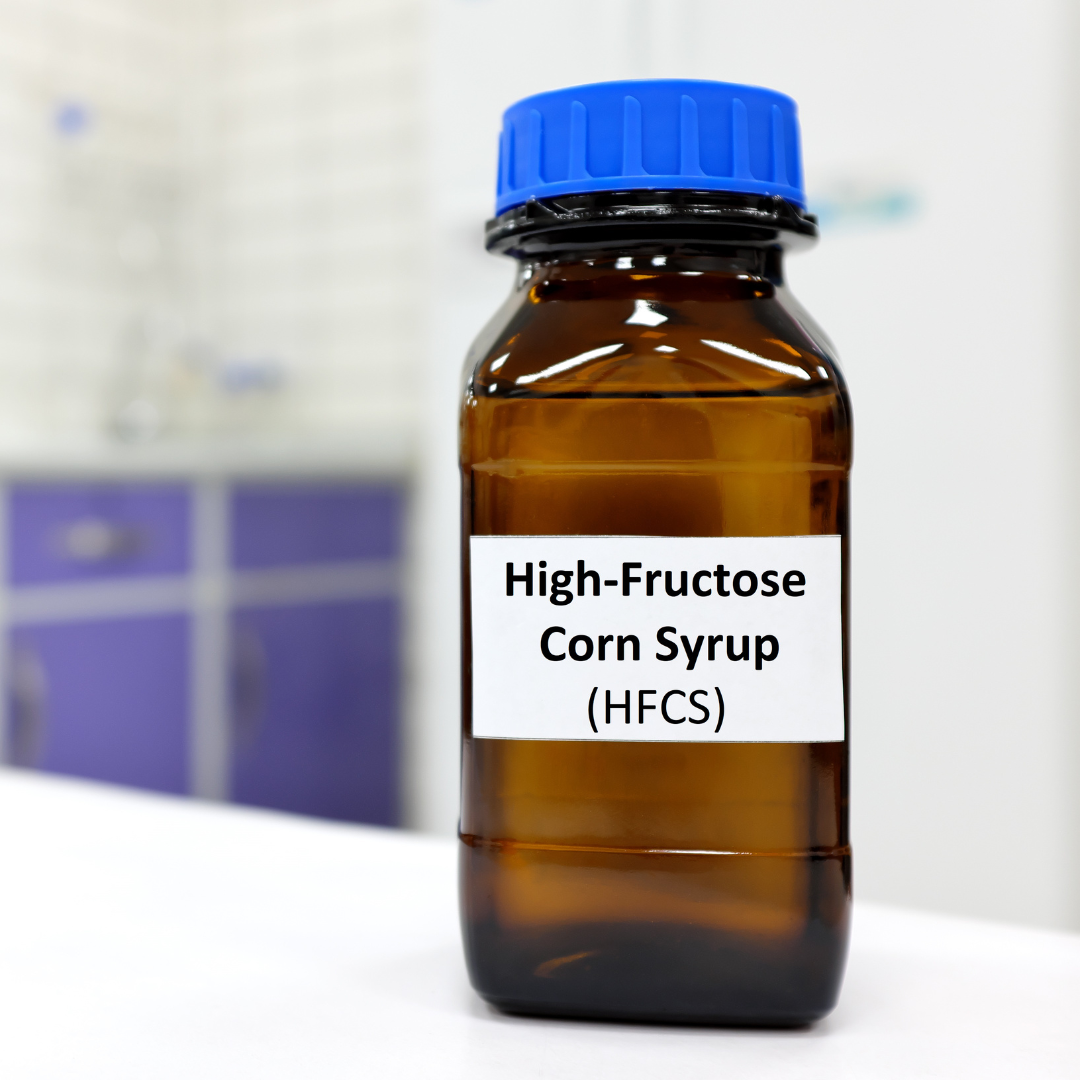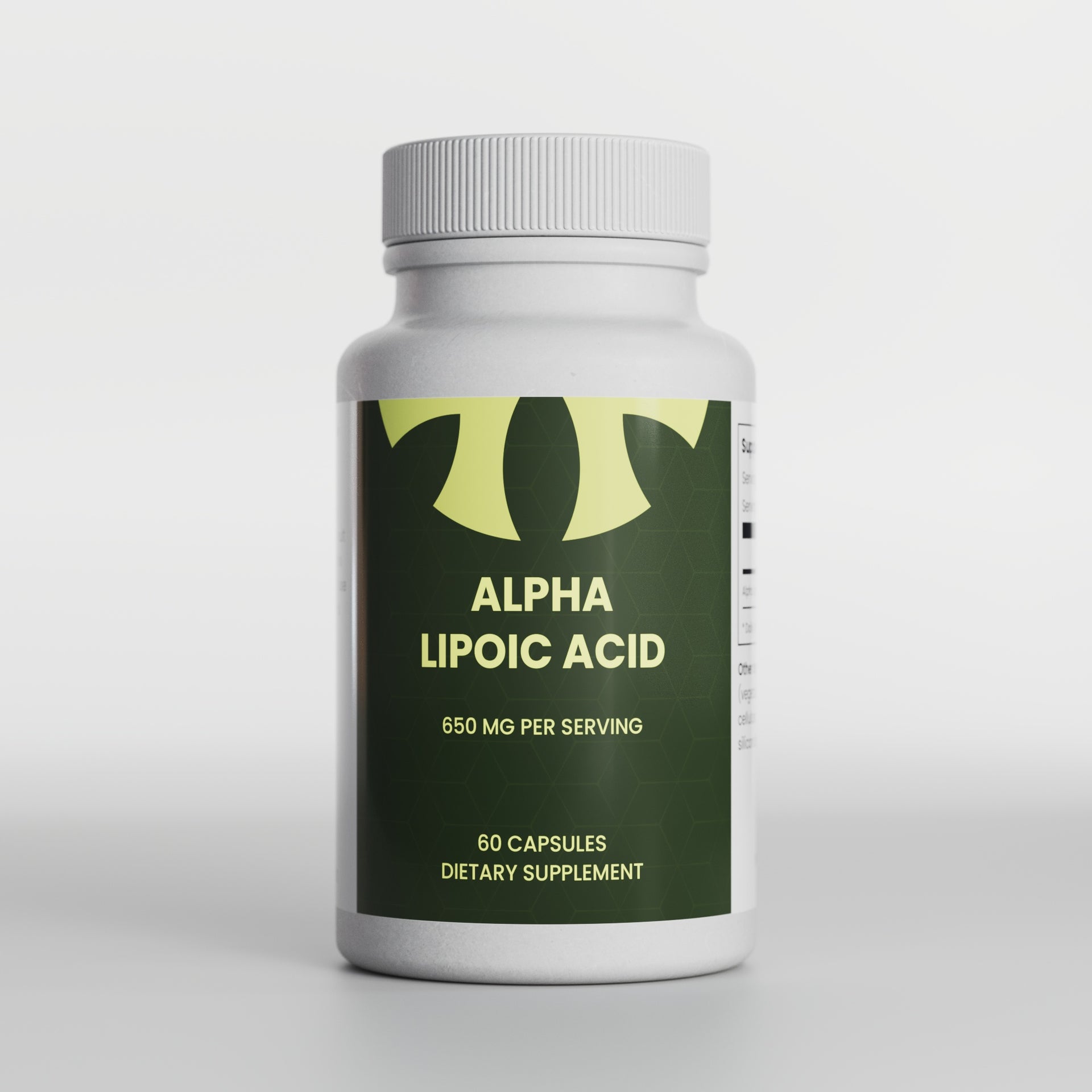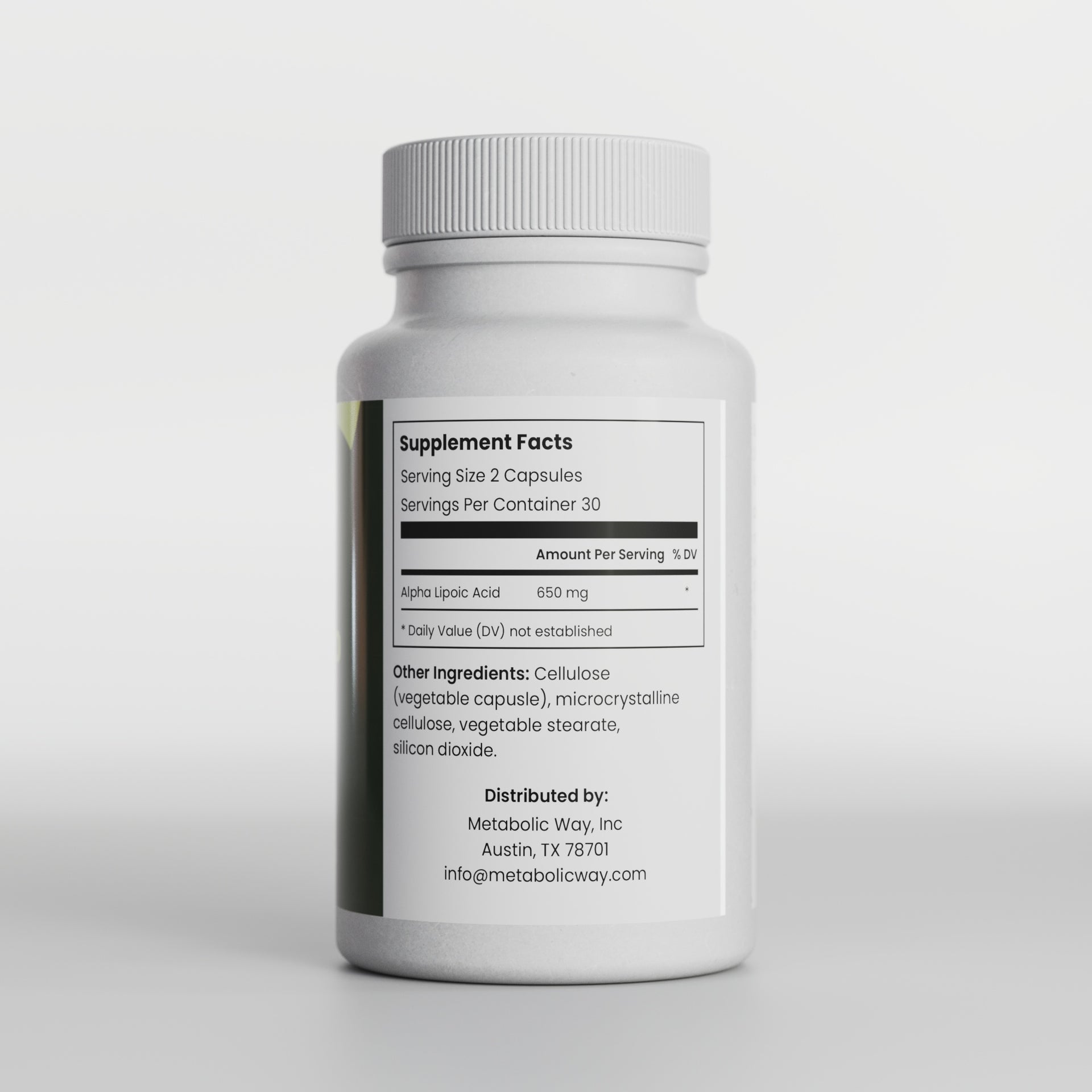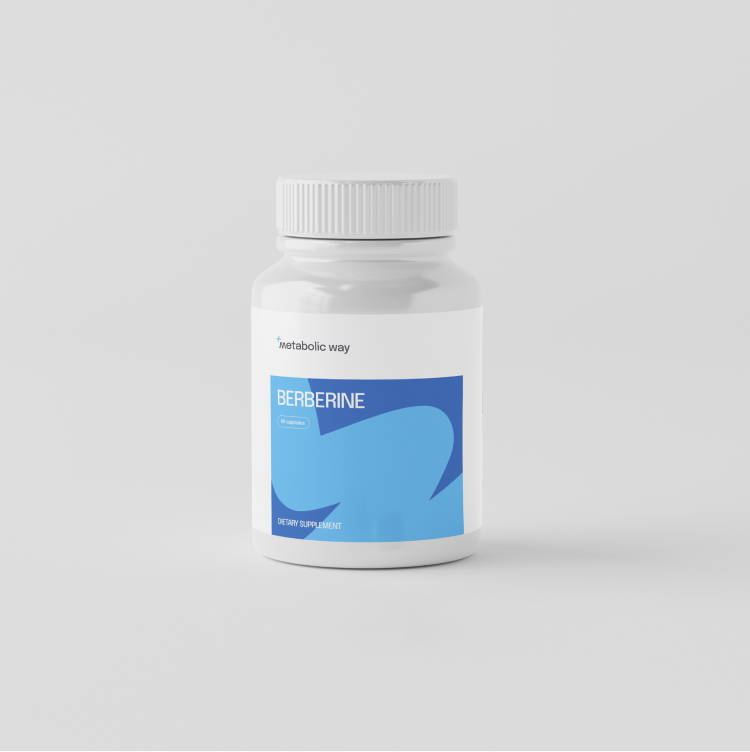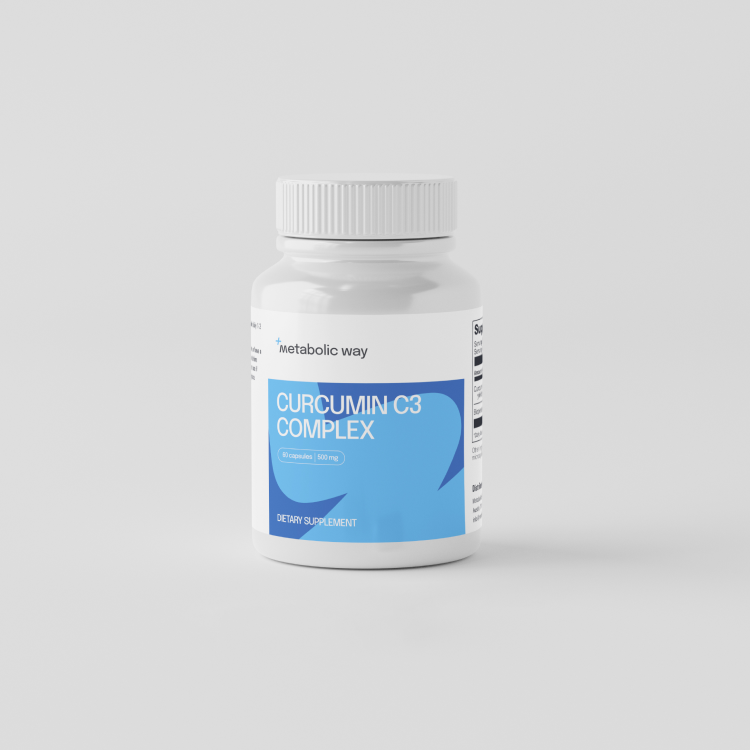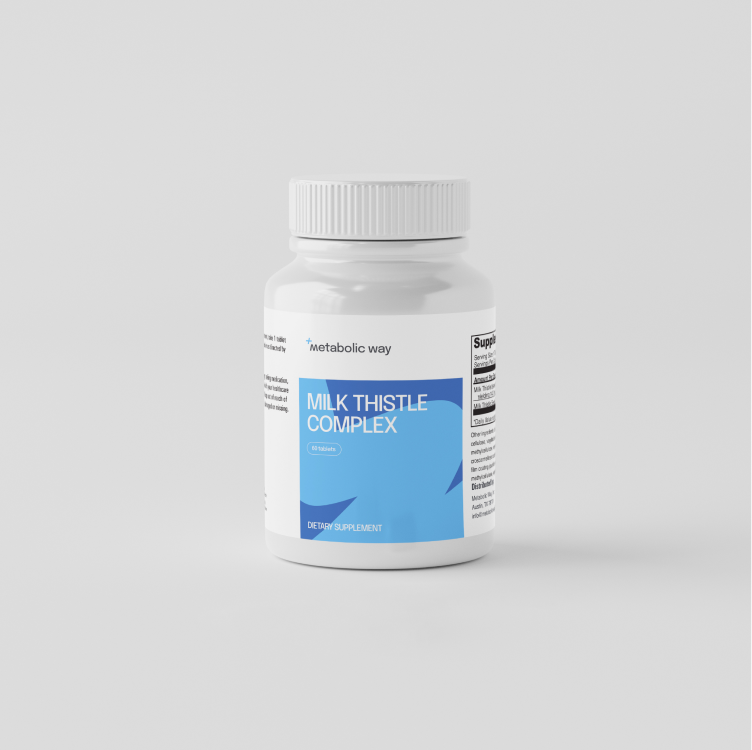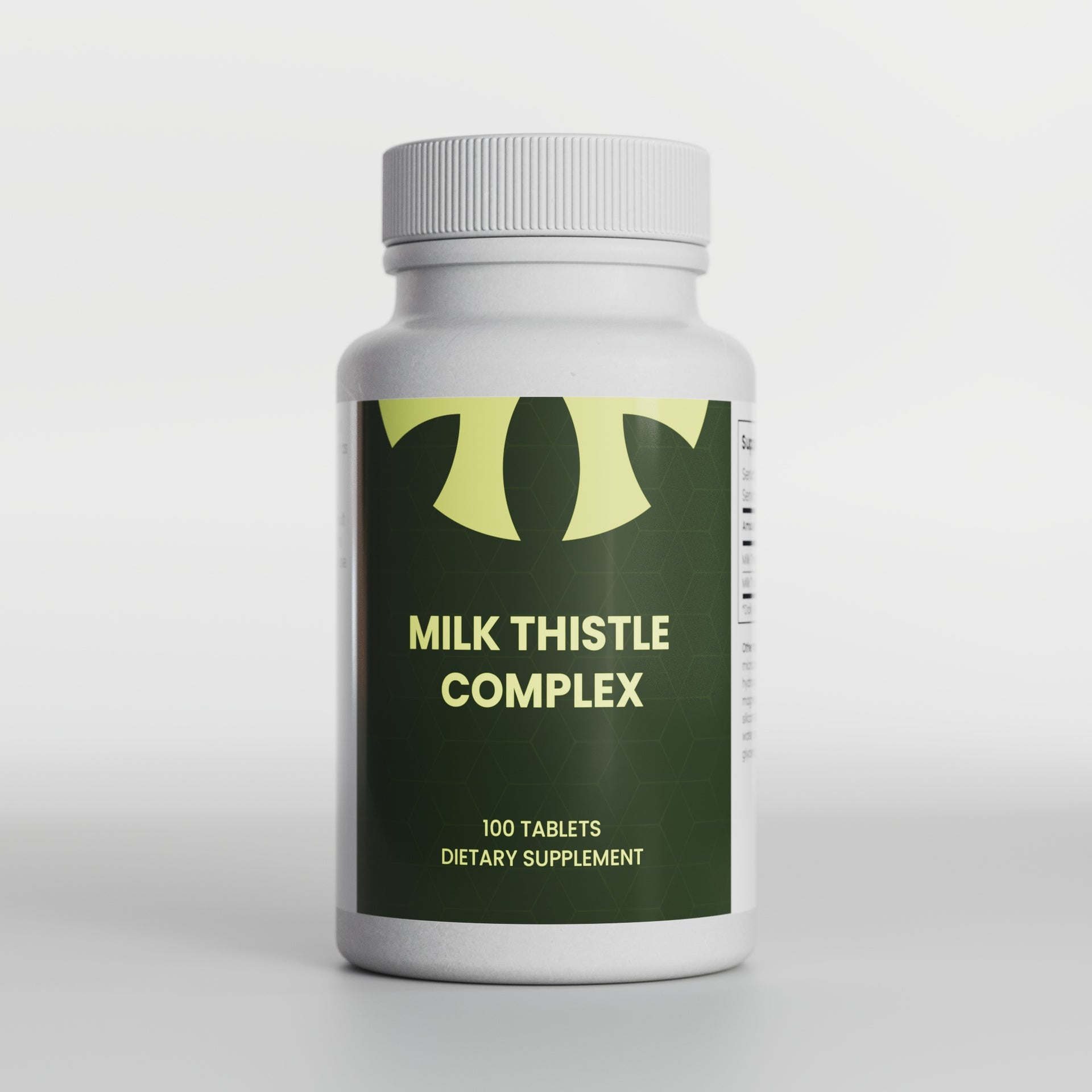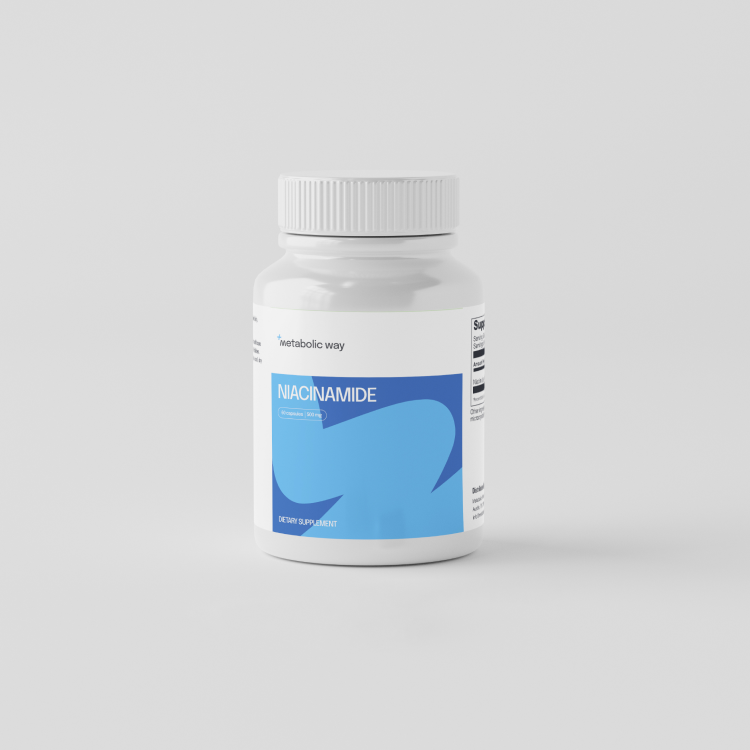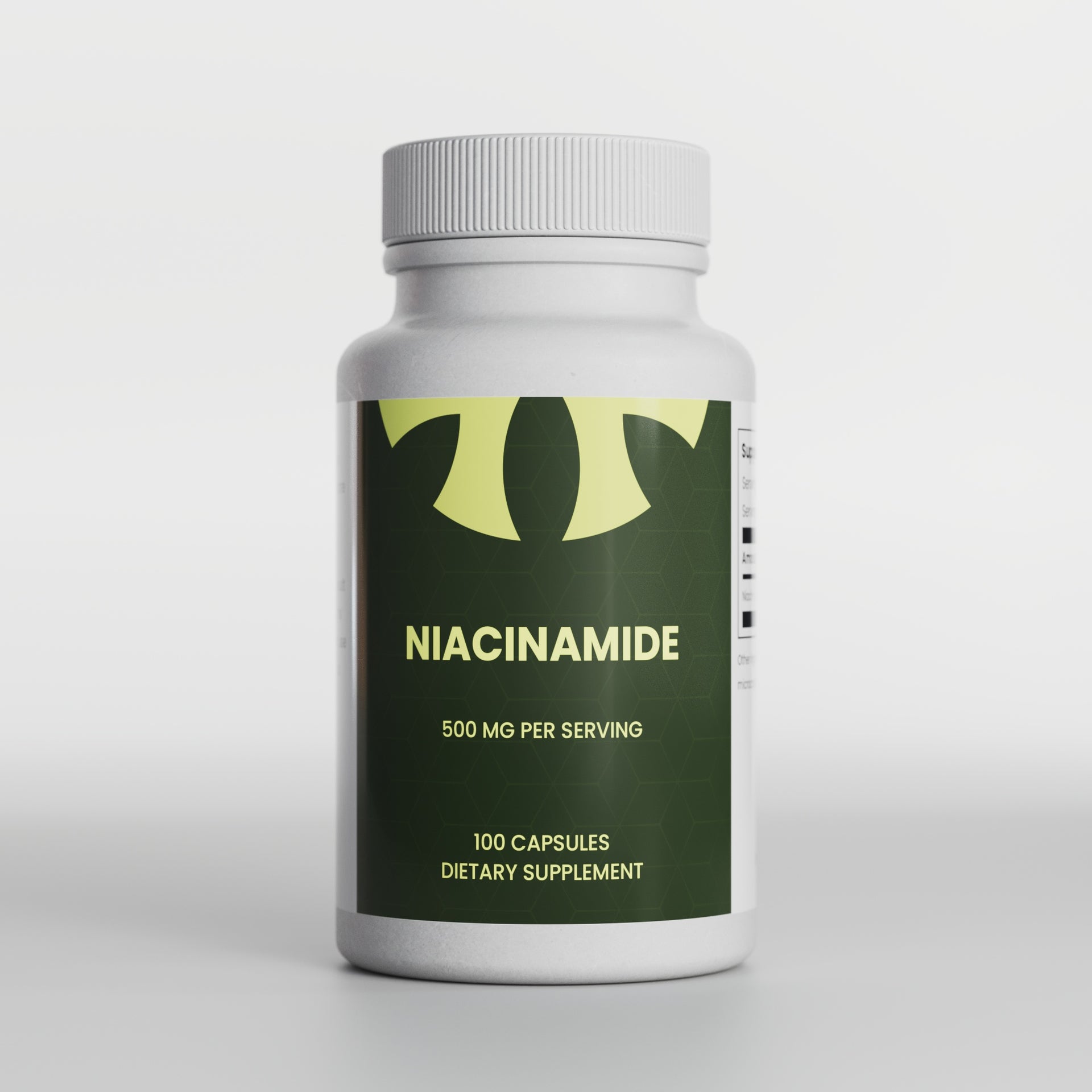Research Highlights:
Main Point 1: The surge in high-fructose corn syrup (HFCS) consumption is linked to the obesity epidemic in the United States, with HFCS representing over 40% of caloric sweeteners in food and beverages.
Main Point 2: Fructose, a component of HFCS, is metabolized differently than glucose, potentially leading to increased energy intake and weight gain due to its effects on insulin and leptin.
Main Point 3: Studies suggest that HFCS consumption may contribute to various health issues, including atherosclerosis, non-alcoholic fatty liver disease (NAFLD), and inflammation, all of which are associated with conditions like obesity and metabolic syndrome. Additional Points: Fructose malabsorption and gastrointestinal distress can occur in individuals consuming commonly available levels of fructose.
Scientifically Reviewed by: [Reviewer Name, Credentials], in [Month, Year]
Introduction:
The global surge in obesity rates has prompted extensive research to uncover its underlying causes. Among the factors under scrutiny, the consumption of high-fructose corn syrup (HFCS) has emerged as a significant concern. This article explores the intricate relationship between HFCS consumption, obesity, and various health issues. Understanding this connection is crucial for addressing the obesity epidemic and its associated health risks.
What You Need to Know:
Point 1: HFCS Consumption and Obesity Consumption of HFCS in the United States has skyrocketed, with an increase of over 1,000% between 1970 and 1990. Today, HFCS accounts for more than 40% of caloric sweeteners added to foods and beverages, making it a prominent component of the American diet. This surge in HFCS consumption mirrors the rapid rise in obesity rates, suggesting a potential link between the two.
Point 2: Metabolic Differences of Fructose Fructose, a key component of HFCS, is metabolized differently than glucose. Unlike glucose, fructose does not stimulate insulin secretion or enhance leptin production, both of which play vital roles in regulating food intake and body weight. This metabolic distinction suggests that dietary fructose may contribute to increased energy intake and weight gain.
Point 3: Health Implications of HFCS Research indicates that the excessive consumption of HFCS may contribute to various health issues. These include atherosclerosis, marked by the accumulation of advanced glycation end-products (AGEs), and non-alcoholic fatty liver disease (NAFLD). Additionally, HFCS may trigger inflammation, a recognized factor in conditions such as metabolic syndrome, diabetes, and obesity.
Additional Points: Apart from the metabolic concerns associated with HFCS, fructose malabsorption is a noteworthy issue. Even at commonly available levels of fructose in the diet, some individuals may experience gastrointestinal distress, including gas, abdominal pain, and loose stools.
Section 1: The Impact of HFCS on Obesity HFCS, with its widespread use in the American food industry, has coincided with the obesity epidemic. This section delves into the connection between HFCS consumption and weight gain, addressing the metabolic factors that contribute to obesity.
Subsection 1.1: Fructose Metabolism and Weight Gain Fructose metabolism differs from that of glucose, particularly in its effects on insulin and leptin. This subsection explores how fructose may disrupt the hormonal balance responsible for regulating appetite and body weight.
Subsection 1.2: HFCS and Atherosclerosis Excessive HFCS consumption has been linked to atherosclerosis, a condition characterized by the deposition of advanced glycation end-products (AGEs) in arterial walls. This subsection explains how HFCS may contribute to this detrimental process.
Section 2: HFCS and Metabolic Health This section examines the impact of HFCS on metabolic health, focusing on its role in conditions like non-alcoholic fatty liver disease (NAFLD) and inflammation, which are often associated with obesity and metabolic syndrome.
Subsection 2.1: HFCS and NAFLD The excessive consumption of HFCS has been associated with non-alcoholic fatty liver disease (NAFLD). This subsection elucidates the mechanisms by which HFCS may contribute to liver fat accumulation and NAFLD development.
Subsection 2.2: Inflammation and HFCS Inflammation is a critical factor in the development of metabolic syndrome and related conditions. This subsection explores how HFCS may trigger inflammation and the potential consequences for metabolic health.
Section 3: Fructose Malabsorption and Gastrointestinal Distress While HFCS consumption remains a concern, some individuals may experience gastrointestinal distress even at commonly available levels of fructose. This section discusses fructose malabsorption and its associated symptoms.
Summary:
The widespread consumption of high-fructose corn syrup (HFCS) has raised concerns about its role in the obesity epidemic and associated health problems. Understanding the metabolic differences between fructose and glucose is crucial, as fructose's unique effects on insulin, leptin, and metabolism may contribute to weight gain and obesity. Additionally, HFCS consumption has been linked to conditions such as atherosclerosis, non-alcoholic fatty liver disease (NAFLD), and inflammation, all of which are associated with obesity and metabolic syndrome.
Furthermore, some individuals may experience gastrointestinal distress due to fructose malabsorption, even at commonly available levels of fructose in the diet. This comprehensive examination of HFCS and its impact on health underscores the importance of dietary choices in addressing the complex issue of obesity and its related health risks.
References:
- Bray GA, Nielsen SJ, Popkin BM. Consumption of high-fructose corn syrup in beverages may play a role in the epidemic of obesity. Am J Clin Nutr. 2004 Apr;79(4):537-43. 2. Lê KA, Ith M, Kreis R, et al. Fructose ingestion enhances atherosclerosis and deposition of advanced glycated end-products in cholesterol-fed rabbits. J Atheroscler Thromb. 2005;12(5):260-7.
- Stanhope KL, Griffen SC, Bair BR, et al. Effects of glucose-to-fructose ratios in solutions on subjective satiety, food intake, and satiety hormones in young men. Am J Clin Nutr. 2007 Nov;86(5):1354-63.
- Johnson RJ, Segal MS, Sautin Y, et al. Potential role of sugar (fructose) in the epidemic of hypertension, obesity and the metabolic syndrome, diabetes, kidney disease, and cardiovascular disease. Am J Clin Nutr. 2007 Oct;86(4):899-906.
- Forshee RA, Storey ML, Allison DB, et al. A critical examination of the evidence relating high fructose corn syrup and weight gain. Crit Rev Food Sci Nutr. 2007;47(6):561-82. 6. Ouyang X, Cirillo P, Sautin Y, et al. Fructose consumption as a risk factor for non-alcoholic fatty liver disease. J Hepatol. 2008 Jun;48(6):993-9.
- Basciano H, Federico L, Adeli K. Fructose, insulin resistance, and metabolic dyslipidemia. Nutr Metab (Lond). 2005 Feb 21;2(1):5.
